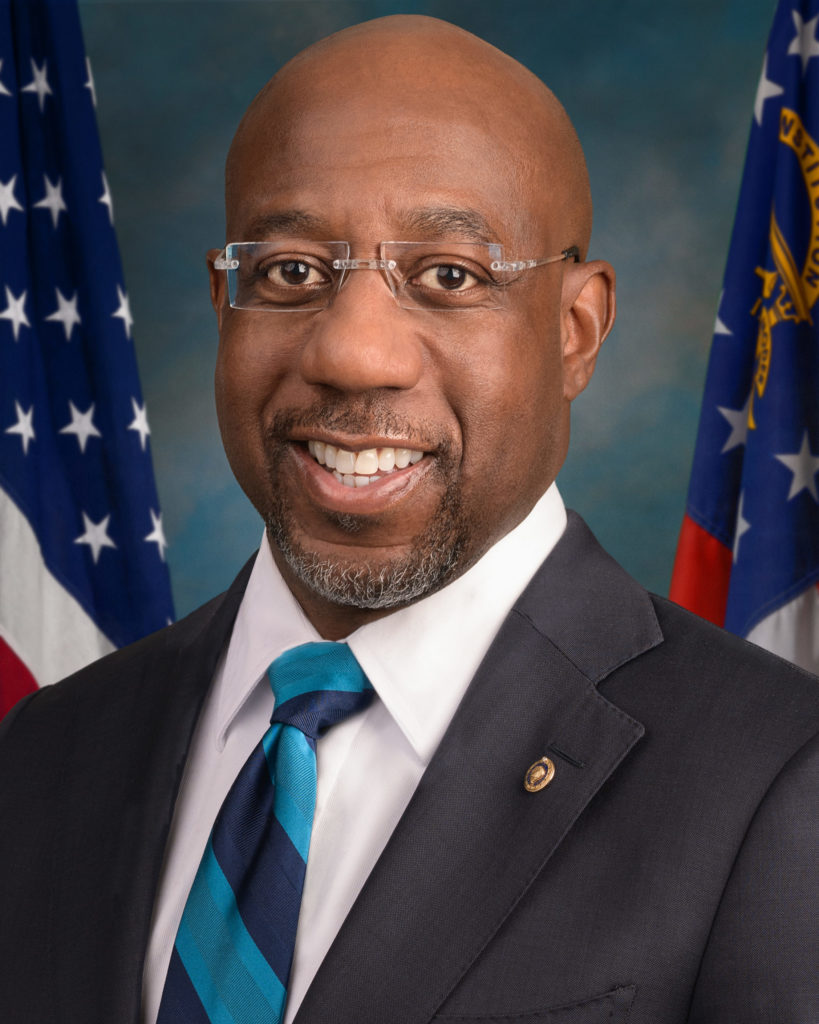Washington, D.C. — U.S. Senator Reverend Raphael Warnock (D-GA) called on his Senate colleagues on Thursday to quickly consider and confirm nominees for two agricultural trade leadership positions within the administration to address trade concerns and reduce trade barriers faced by Georgia farmers. Senator Warnock’s call for action came during the first hearing of the Senate Committee on Agriculture, Nutrition, & Forestry’s Subcommittee on Commodities, Risk Management, and Trade, which he chairs.

The subcommittee hearing, titled Agricultural Trade: Priorities and Issues Facing America’s Farmers, explored how the federal government can best address trade-related barriers and concerns experienced by farmers in Georgia and across the nation. Barriers to international market access have exacerbated economic pressures for American farmers brought on by the pandemic and extreme weather events, undermining certainty for farmers and putting their profitability at risk. During the hearing, Warnock highlighted the importance of hearing directly from farmers, and urgently filling the roles of the Chief Agricultural Negotiator at the Office of the U.S. Trade Representative (USTR) and Under Secretary for Trade and Foreign Agricultural Affairs at the U.S. Department of Agriculture (USDA), to begin addressing farmers’ trade concerns.

The hearing featured a panel of expert witnesses, including Georgians Gopinath Munisamy, Distinguished Professor of Agricultural Marketing at the University of Georgia (UGA), and Karla Baker Thompson, a farmer from Camilla, Georgia representing the U.S. Peanut Federation. During the hearing, both shared stories of their experiences dealing with agricultural trade issues on the ground and spoke to how burdensome trade barriers — including limited access to profitable international trade markets and dumping of seasonal fruit and vegetable products from other countries that make American producers less competitive against their international counterparts — can negatively affect Georgia farmers.
“On a recent road trip to South Georgia with my Dean, I found a common theme across the dozen produce farms we visited: hard-working families — husband and wife, grandpa and granddaughter, entire family — challenged by imports, input costs and labor issues. A major question on their agenda is ‘how can we compete with the flood of in-season and off-season Mexican and South American produce in our markets?’” Munisamy testified at the hearing.
Warnock pledged during the hearing to continue pushing to confirm federal agricultural trade leaders, and engage them on the issues he hears about from Georgia farmers regarding restrictive trade regulations. The hearing followed Warnock’s recent visit to Dickey Farms in Musella, Georgia where he met with local farmers, along with state and local agriculture leaders, about federal efforts to address farm stress and strengthen access to mental health care for farmers. During his visit, the Senator heard repeatedly about the need to address farmers’ trade concerns as a key step toward increasing profitability and alleviating farmer stress.









